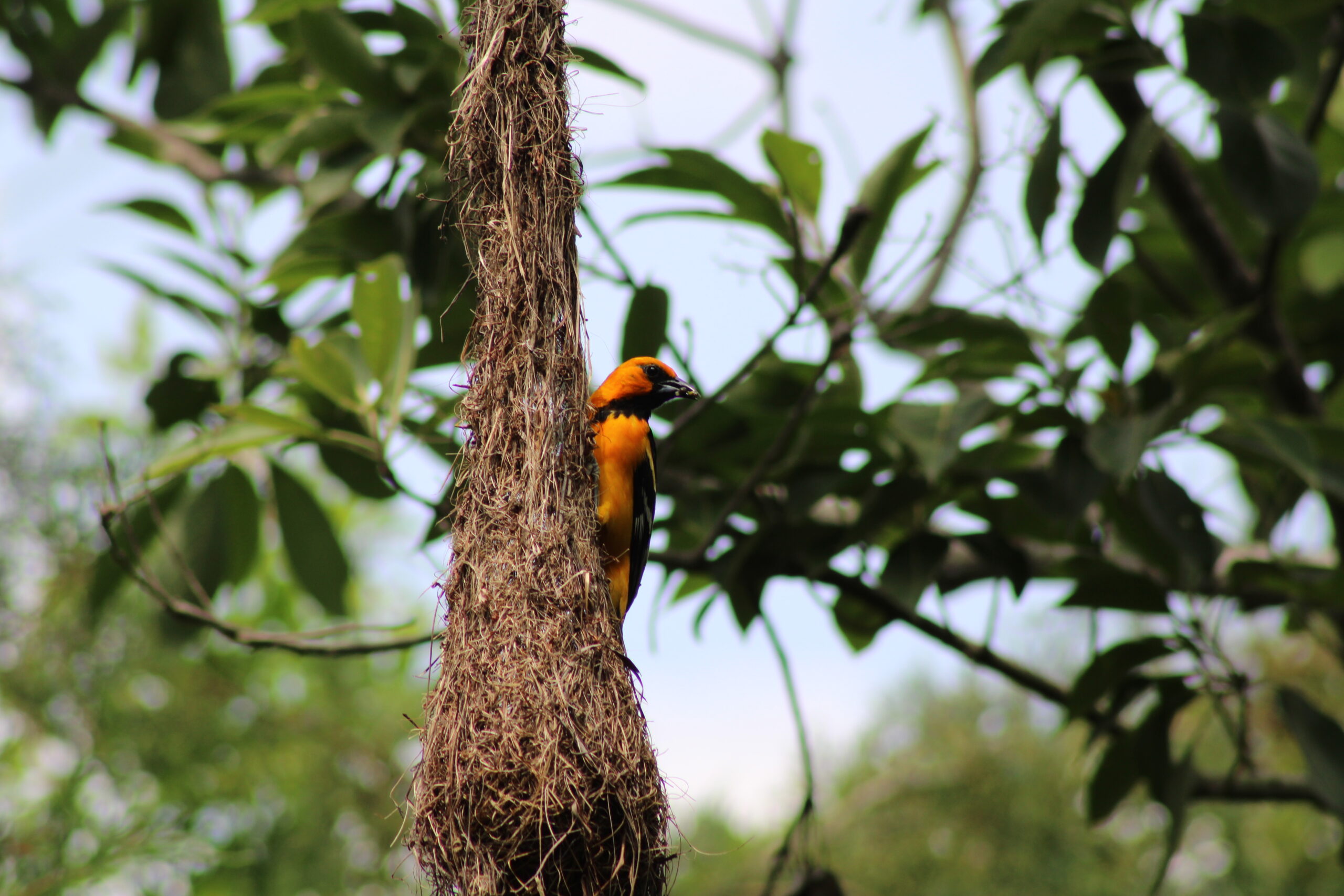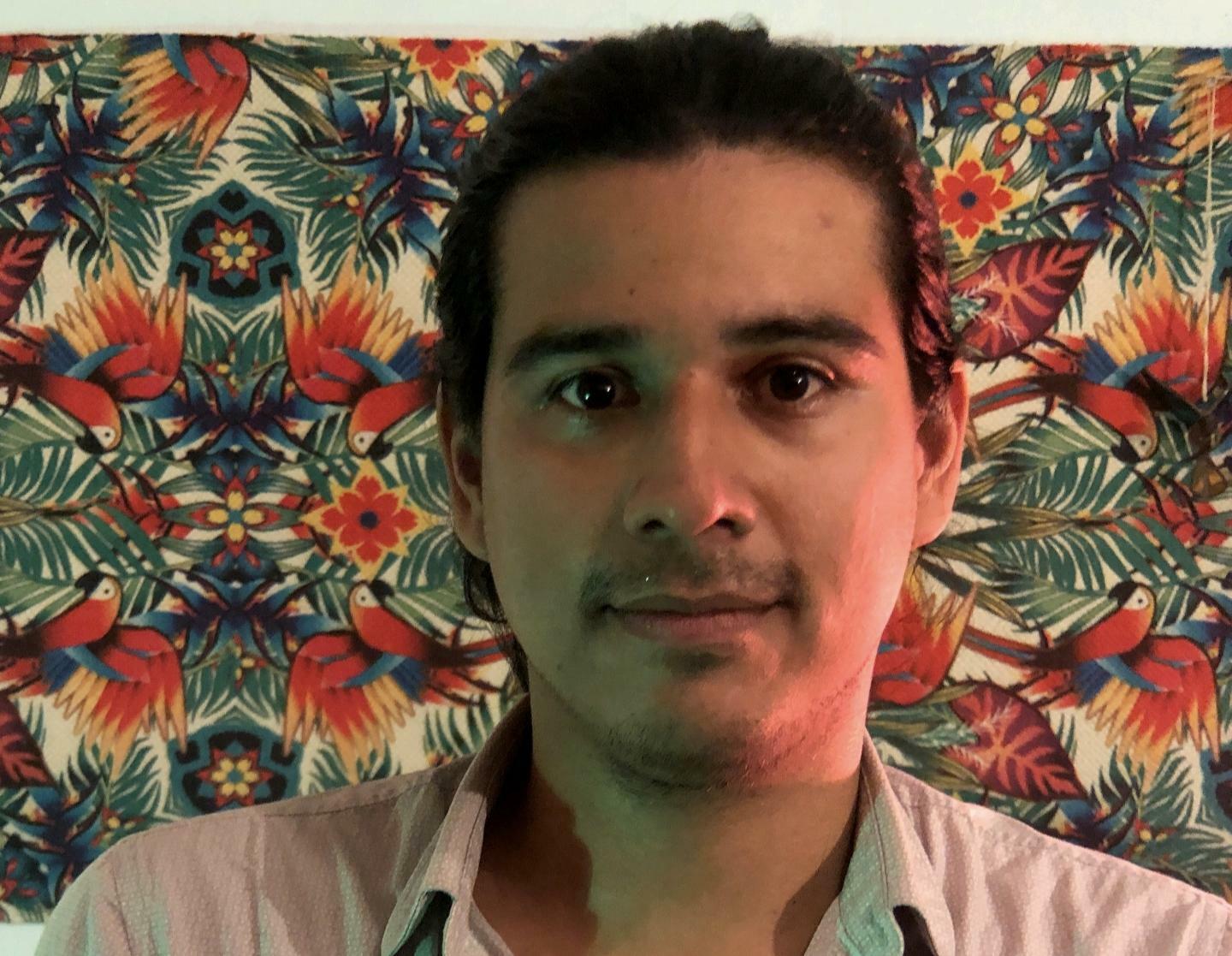Critical Psychology in the Dry Corridor of Central America: Intergenerational Relationships with Nature in El Salvador
May 27, 2025

The ERI/PS2 fellowship allowed me to further develop my dissertation proposal, gain clarity about my research methods rationale and to start preparations for fieldwork. This summer, I engaged in a variety of activities in the U.S., I presented my project at the Society for Qualitative Research in Psychology conference (SQIP), and consulted with a Digital Humanities Fellow at the Graduate Center. In El Salvador, I met with local experts on cultural studies, as well as historians, archivists, librarians and eco-tour guides. Their input recalibrated my project and the use of archives and images in my research, making it more relevant and purposeful.
Context and Purpose
Global Capitalism and Climate Change fuel and deepen pre-existing national and transnational inequalities, with their root causes and environmental burdens unfairly distributed.
Consequently, the places and populations predicted to bear the most disastrous impacts, especially in the Global South, are indeed bearing them. These territories face declining living conditions, loss of biodiversity, and weakening of community ties and cultural knowledge/practices, resulting in escalating conflicts, as well as growing displacement. This scenario adds pressing urgency to the ultimate question of the viability of life, in the present and future.
My research is situated in El Salvador, the smallest country of the Central American Dry Corridor, one of the most vulnerable regions to the adverse effects of Climate Change. Such vulnerability reflects the pervasive legacy of disposession, extractivism and discrimination imposed by global military-economic powers and local elites.
Discussions of Climate Change in Psychology provide ample evidence of its detrimental and chronic effects to personal and community health and wellbeing, urging the field to commit to mitigating and promoting human adaptation to it. I reflect, from a Critical Psychology perspective: what does “psychological human adaptation” look like in the face of such a drastic transformation of our world? What do we have to adapt to? Or is it about “un-adapting”? Should societies with the highest carbon emissions (Global North) mitigate and adapt differently/similarly than those emitting less (Global South)?
In this study, I argue that the centuries-long, intergenerational, and lasting wounds made by exploitative forces on Salvadoran territories and ecosystems have also wounded and reshaped our relationship with them. The domination of indigenous people in what we now call Central America, happened through the systematic erasure of their population as well as their ancestral cosmovision, technologies, and disposition towards the land.
Author

Juan Carlos Garcia Rivera
PS2 Public Research Fellow
Juan Carlos Garcia Rivera is a doctoral student of Critical Psychology from El Salvador. Among his research interests are forced displacement from Central America, specifically from the lens of mental health professionals, qualitative/participatory methods in psychology, and interdisciplinary inquiry/pedagogy. Currently, he is developing a dissertation about Critical Ecopsychology for the Dry Corridor of Central America.
